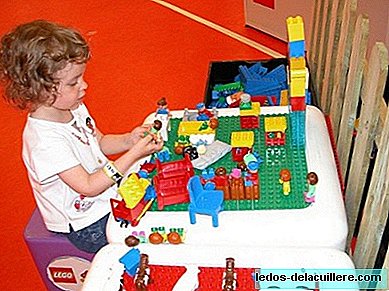
The nurseries are a breeding ground for diseases. As much as we take all the precautions, taking a baby to a nursery where he will live several hours a day with about 20 children is a direct passport to infections of all kinds.
We know the parents, and also the pediatricians, who at the 63rd Congress of the Spanish Association of Pediatrics held in Bilbao, have well known that attending daycare is a risk factor for infectious diseases, and that this risk increases if children come from early ages.
They have done an investigation in this regard and affirm that Children who go to daycare have a 131% higher risk of pneumonia. And not only that. It also increases the risk of bronchitis by 57% and otitis media by 64%.
The moment they start attending daycare is also important. Naturally, when they are younger, they are at greater risk and more susceptible to having to take medication. The average number of antibiotic cycles for children who do not go to daycare is 1.7 in a school year, double (3,4) if they start it in the first six months of life and two if they start after 18 months.
It is not a dish of pleasure for anyone to have to go back to work and leave the baby in the nursery, but sometimes there is no other option. Pediatricians recommend it as last resource, when there is no one who can take care of your care, at least during the first months, and preferably during the first year of life. So if you are considering it for the next course, you may find it useful to know the risks of contagion.












